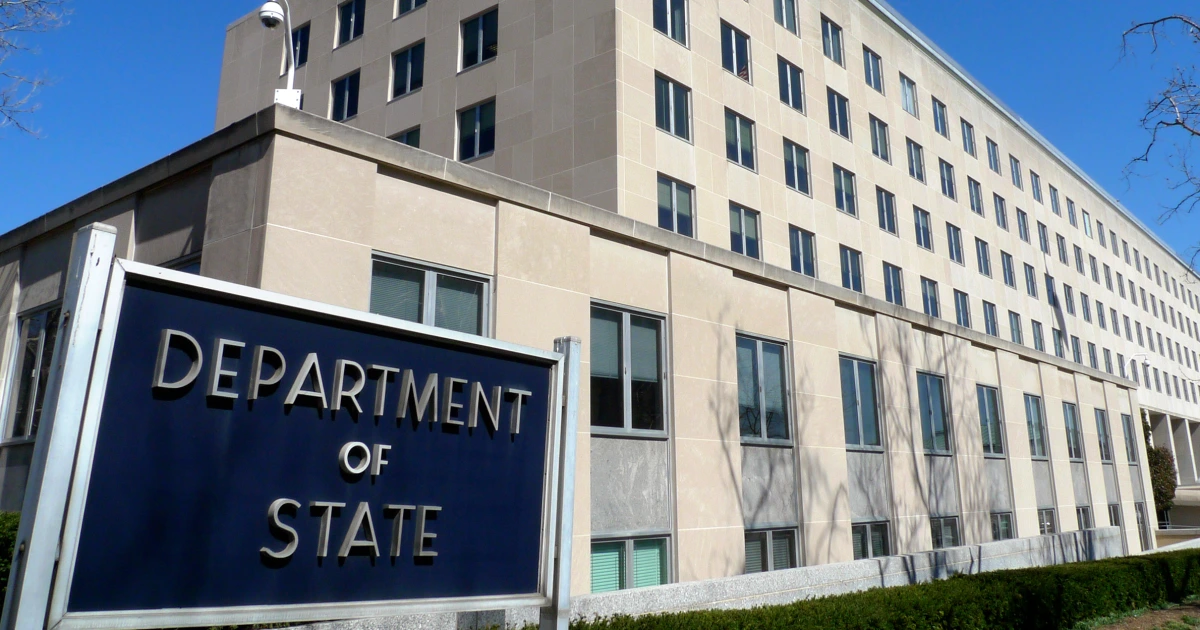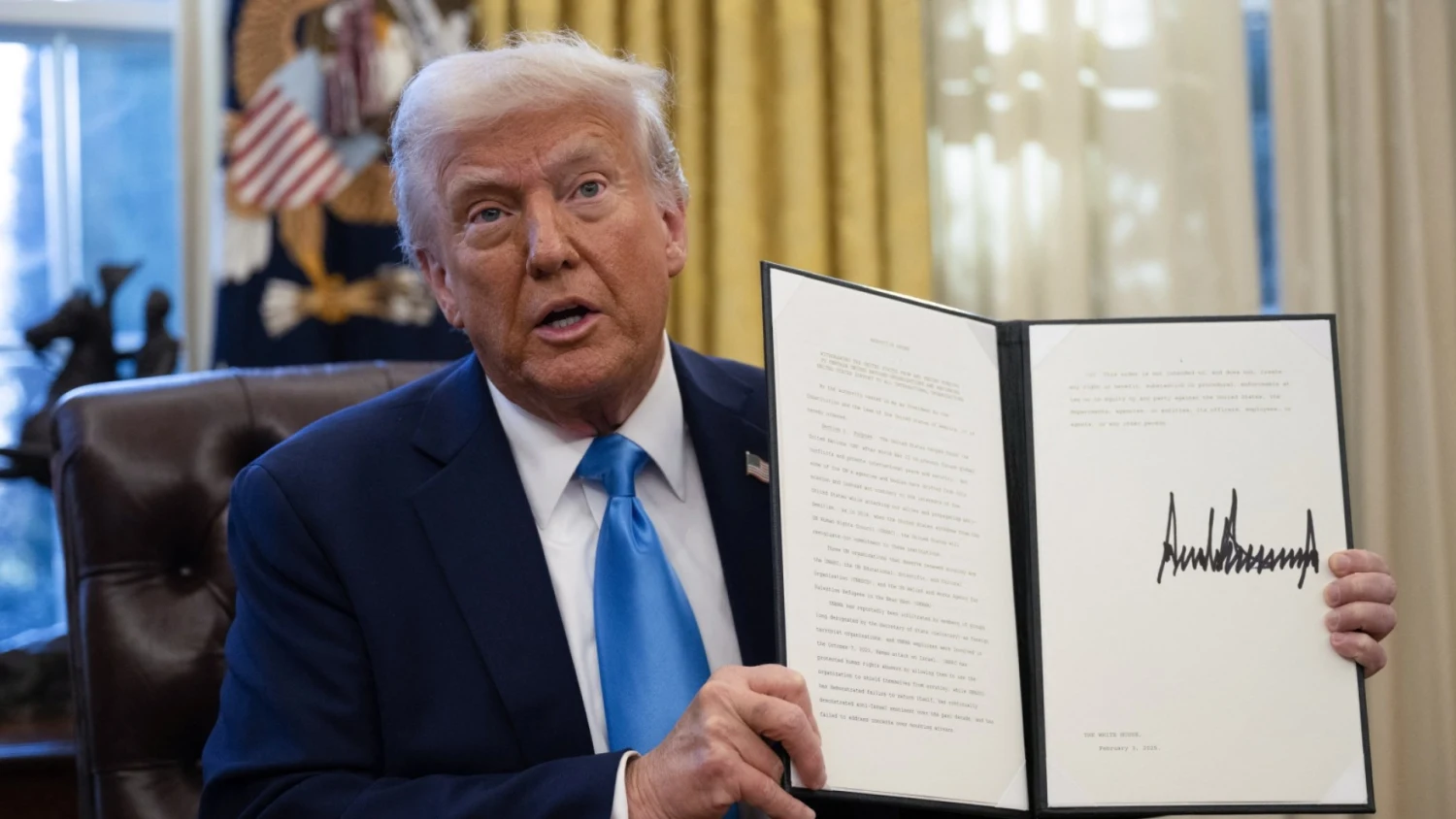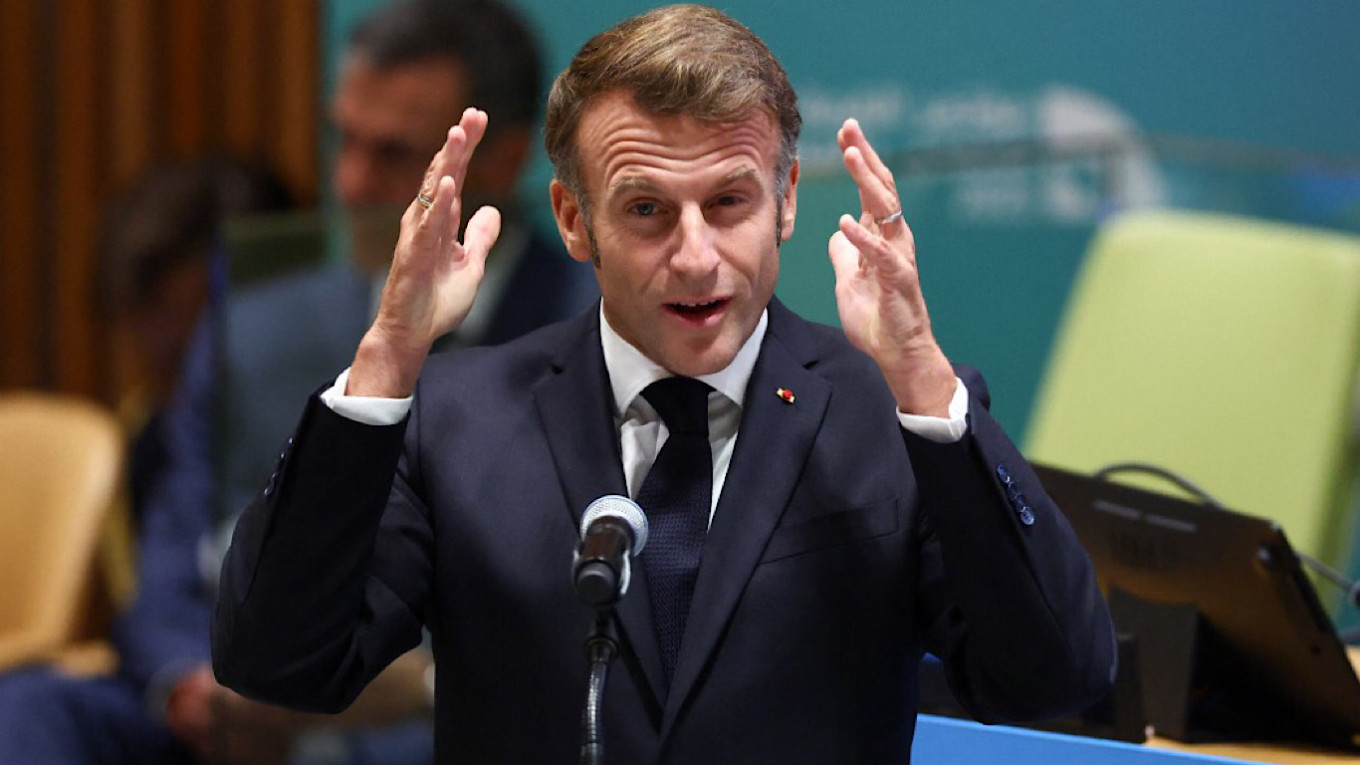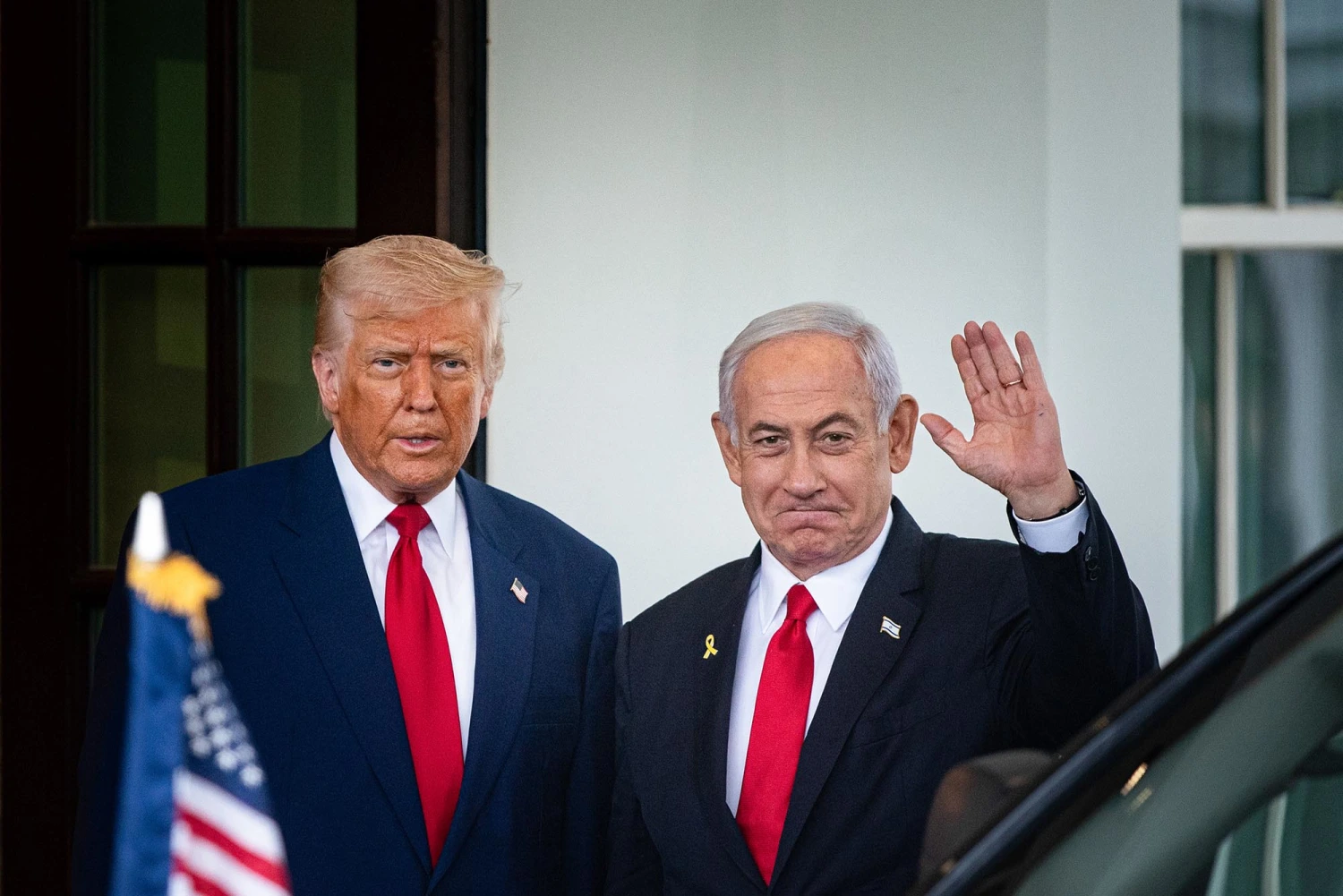The Trump administration has made sweeping changes to the State Department’s annual global human rights report, long regarded as the most detailed government study of its kind. The revised version scales back criticism of certain allies most notably Israel and El Salvador while sharpening condemnation of countries such as Brazil and South Africa.
Entire subject areas, including corruption and persecution of LGBTQ+ people, have been removed. Officials explained the changes as part of a restructuring aimed at improving readability and eliminating redundancies.
Report Reframes Allies’ Rights Records While Intensifying Criticism of Select Adversary Nations
In a notable shift, the report portrays key US allies like the UK, France, and Germany as having worsening human rights situations due to laws against online hate speech. This framing mirrors past Trump administration objections to such regulations, which are cast as threats to free expression.
Critics see the edits as politically motivated; former senior State Department official Uzra Zeya accused the administration of abandoning core values and signaling a willingness to overlook abuses by friendly governments in exchange for cooperation.

The document is particularly critical of Brazil, accusing it of taking disproportionate measures to limit freedom of speech a charge the Brazilian government has previously rejected.
By contrast, Israel’s handling of human rights during the ongoing conflict in Gaza is addressed with relative leniency, crediting the government for steps to address abuses while omitting references to International Criminal Court warrants against its leaders. Hamas and Hezbollah are also accused of committing war crimes, allegations both groups deny.
Trump Administration Softens Stance on Allies, Prioritizing Partnerships Over Human Rights Criticism
Despite reports from Amnesty International alleging arbitrary detentions and inhumane prison conditions in El Salvador, the State Department found “no credible reports” of significant abuses there. Observers note this is consistent with President Trump’s warm relationship with President Nayib Bukele, whom he has praised publicly.
Internal guidance earlier in the year reportedly instructed staff to shorten the report and cut references to sensitive issues such as gender-based crimes and corruption.
The report’s release was delayed for months amid dissent inside the State Department over its revised content. The changes reflect a broader shift in Trump-era foreign policy, which prioritized strategic partnerships over public condemnation of allied governments.
This philosophy was made explicit during Trump’s visit to Saudi Arabia, where he declared that the US would no longer lecture other nations on how to govern, rejecting what he called “Western interventionism.”












Leave a Reply